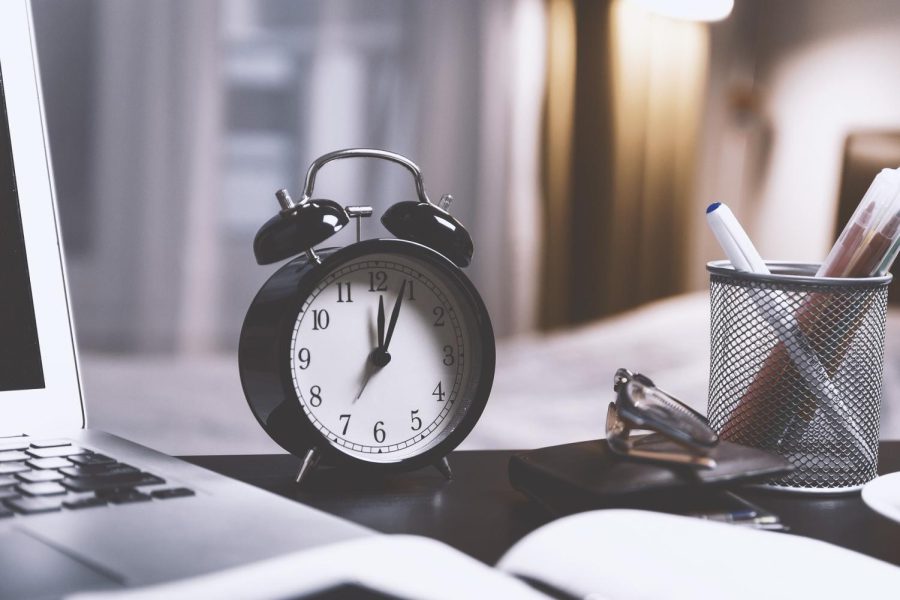Don’t Procrastinate: DVC Students Struggling with Bad Habits in Post-Pandemic Times
Students have always cultivated the art of procrastination. But since the pandemic, that habit has gotten worse.
In 2020, when people found themselves studying from home without real schedules for the first time in their lives, they had a hard time disassociating their home from their workspace.
Now that students have returned to the classroom, many have struggled to readjust to the reality of deadlines and due dates.
“I stress a lot more over the assignments than I should because I do everything last minute,” said Eduarda Duraes, 18, who studies international relations at Diablo Valley College. “That’s a bad habit I wish I could get rid of.”
Studies indicate different types of procrastination—active and passive, for example—may be amplified in the digital learning environment.
According to researchers, passive procrastination is associated with self-doubt, anxiety, and distress that can cause people not to accomplish tasks or reach deadlines. Active procrastination, by contrast, is a self-regulating time-management strategy that allows people to work under pressure and meet deadlines successfully.
Creating a schedule can be a student’s first step to overcoming procrastination. Duraes said she always tries to take at least two hours each day to work on assignments regardless of their due dates.
However, usually, even that isn’t enough.
“I always try to start early” to complete long-term assignments, she said. “But it never works.”
Duraes often joins study halls with her friends. She said she likes to be around other people working on their assignments, which encourages her to get her work done.
Zaid Diaz, a 19-year-old photography major, has found different ways to curtail his bad habit of procrastination. For instance, he often activates the “do not disturb” mode on his phone and tries to find a quiet, calm place to work on assignments when he needs to get them done.
Like many students, Diaz said he’s more vulnerable to outside distractions when studying from home.
“I can’t stop procrastinating due to being distracted by technology or multitasking,” he said.
Contrary to what many might assume, procrastination isn’t always about laziness. In many cases, it’s also linked to stress, anxiety, and depression, which can also be triggered by negative emotions stemming from interpersonal conflicts.
DVC offers support for students who continue to struggle with these and other issues. The Wellness and Mental Health Resources provides 12 free virtual therapy sessions per academic year for all registered students. Head to TimelyCare to find out more.
“I don’t get motivation from anywhere except myself,” Duraes said “If I don’t get up and do it, nobody else is going to do it for me.”





































































